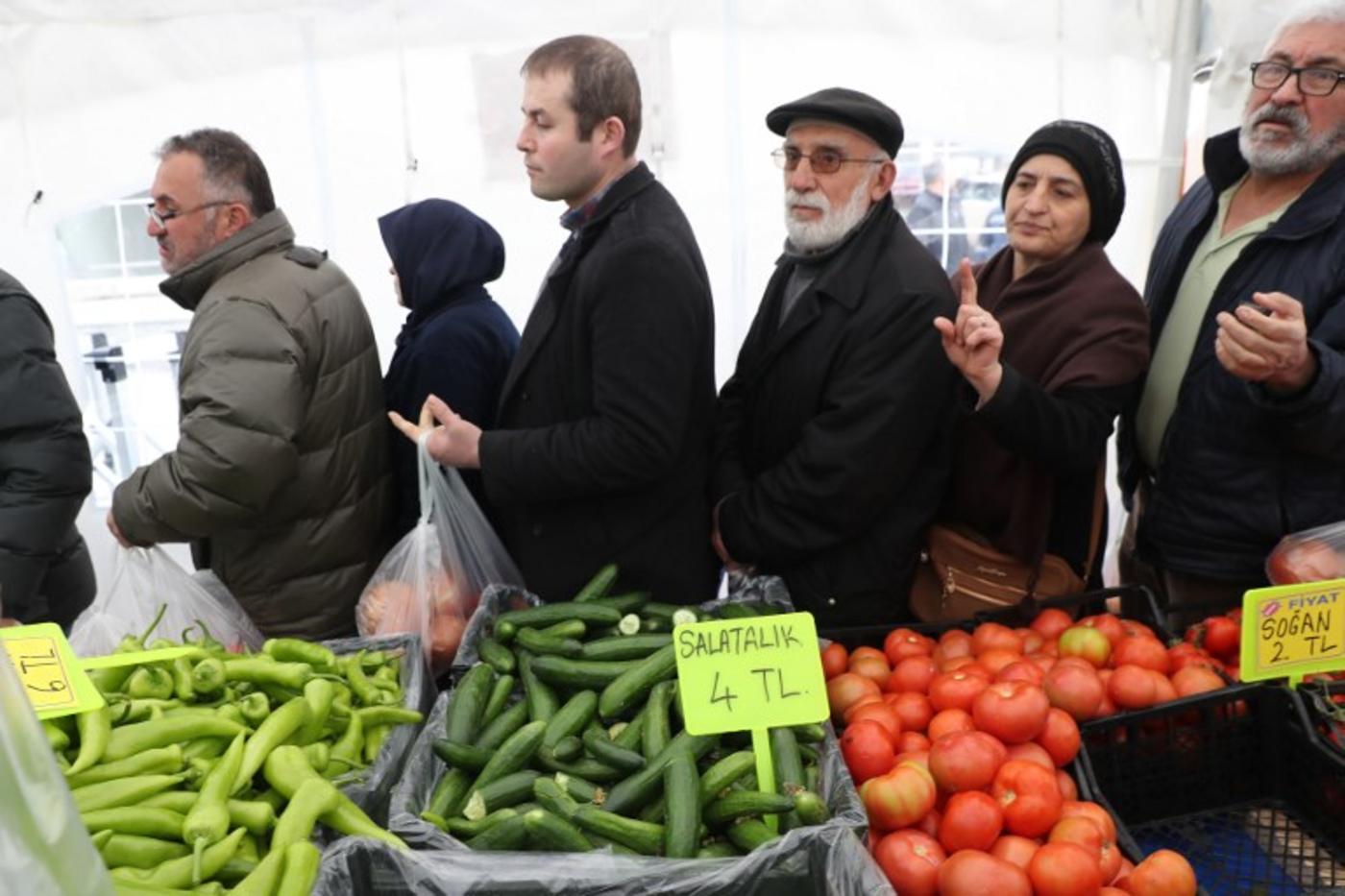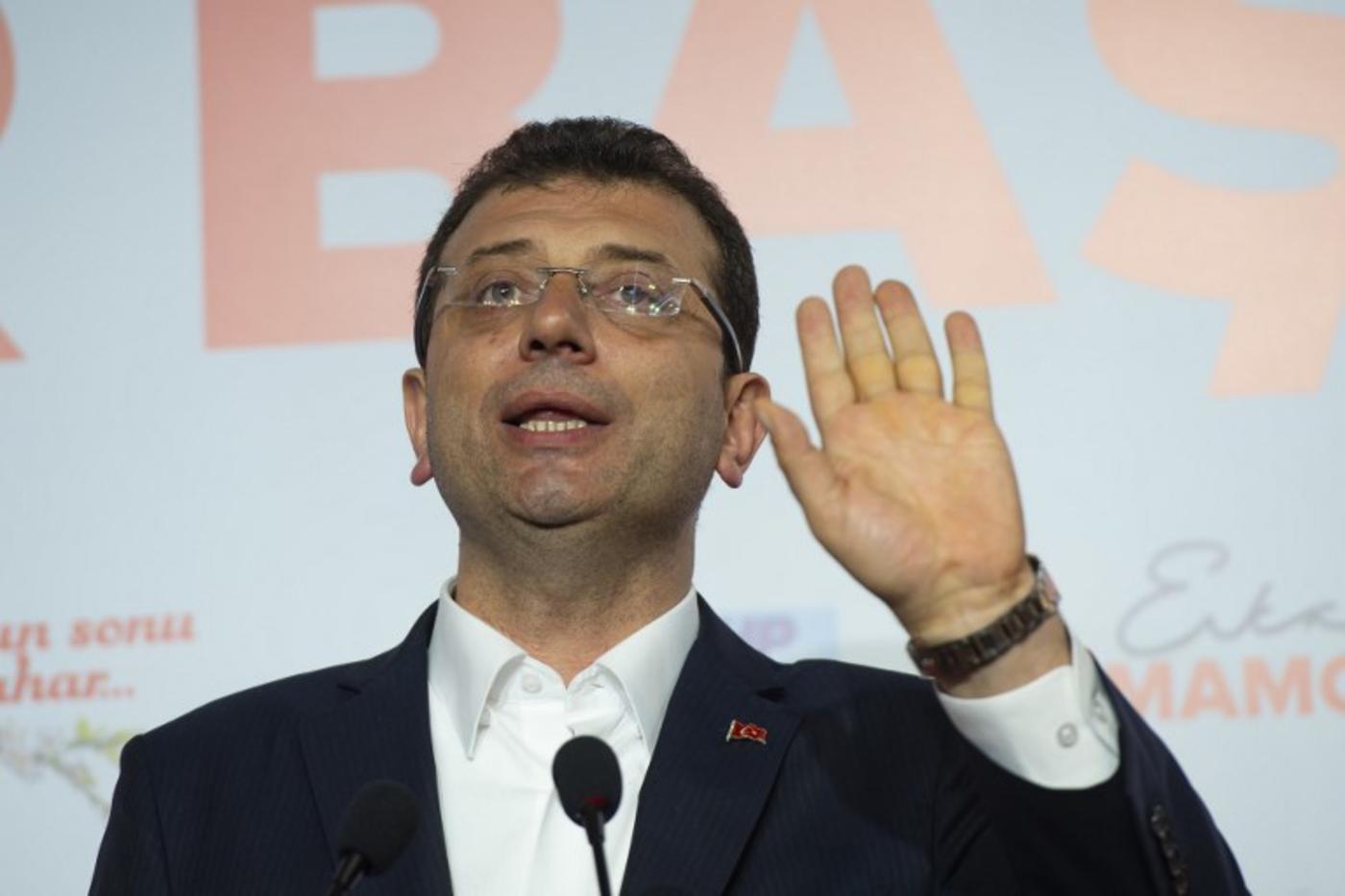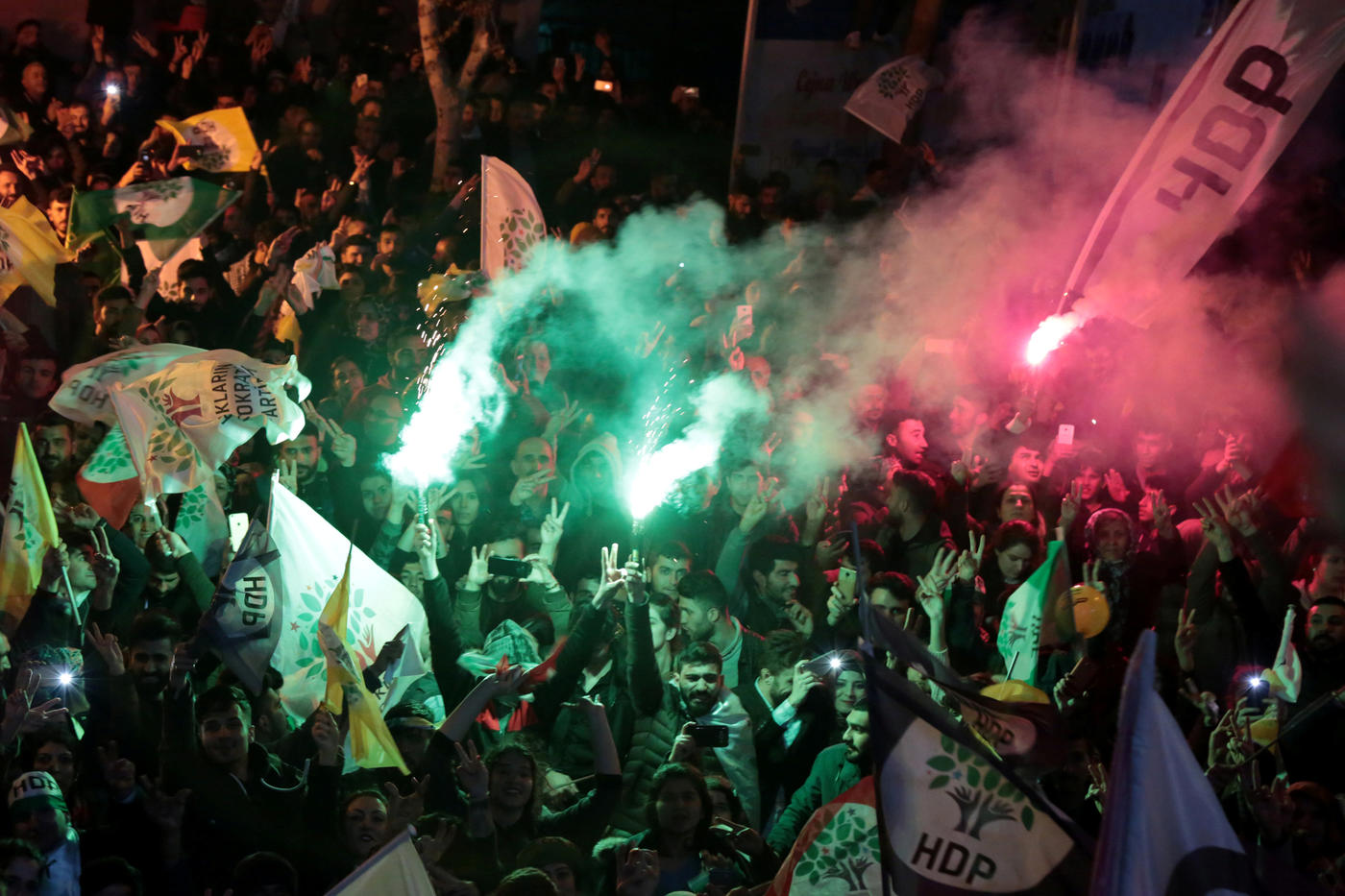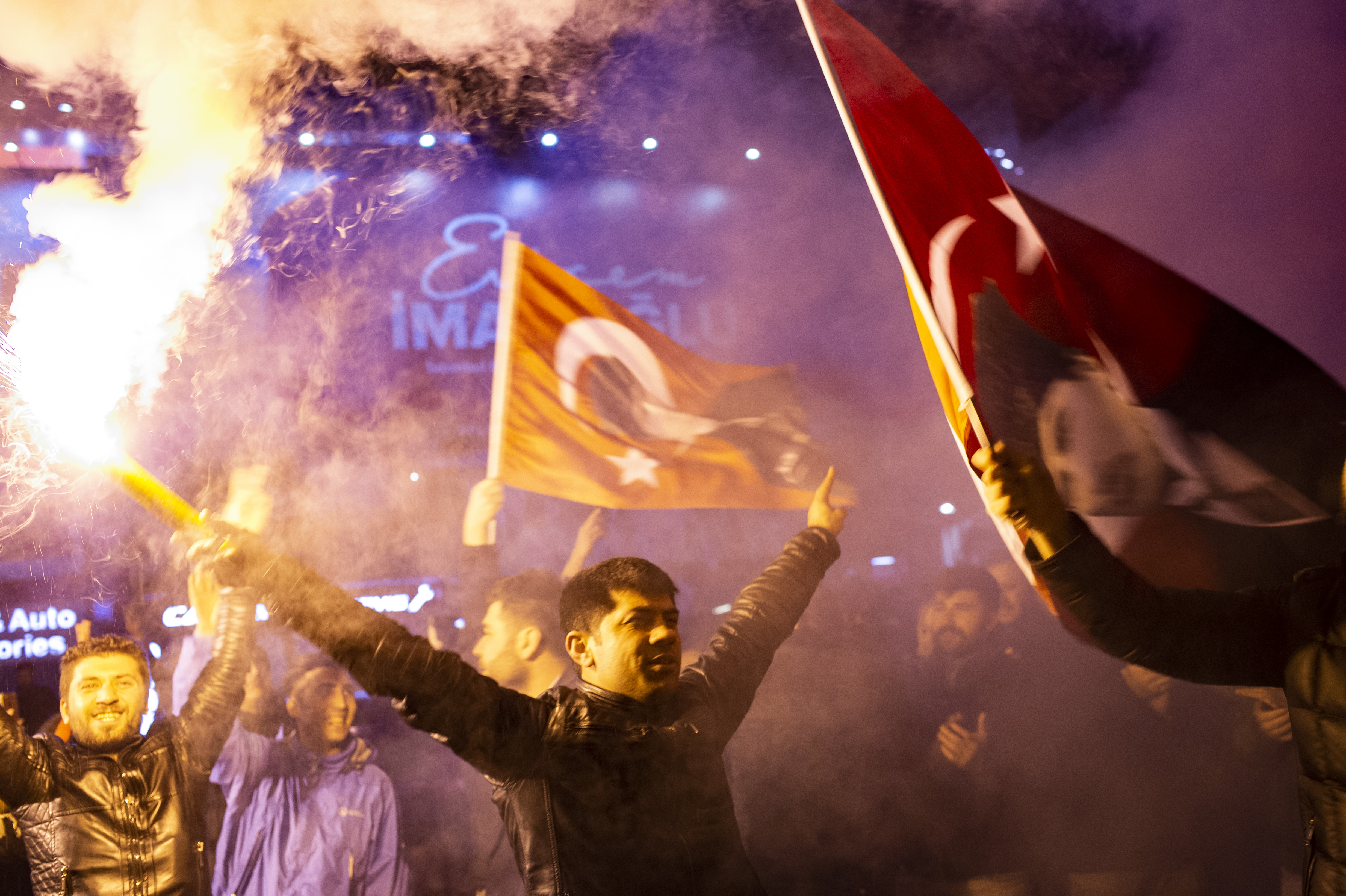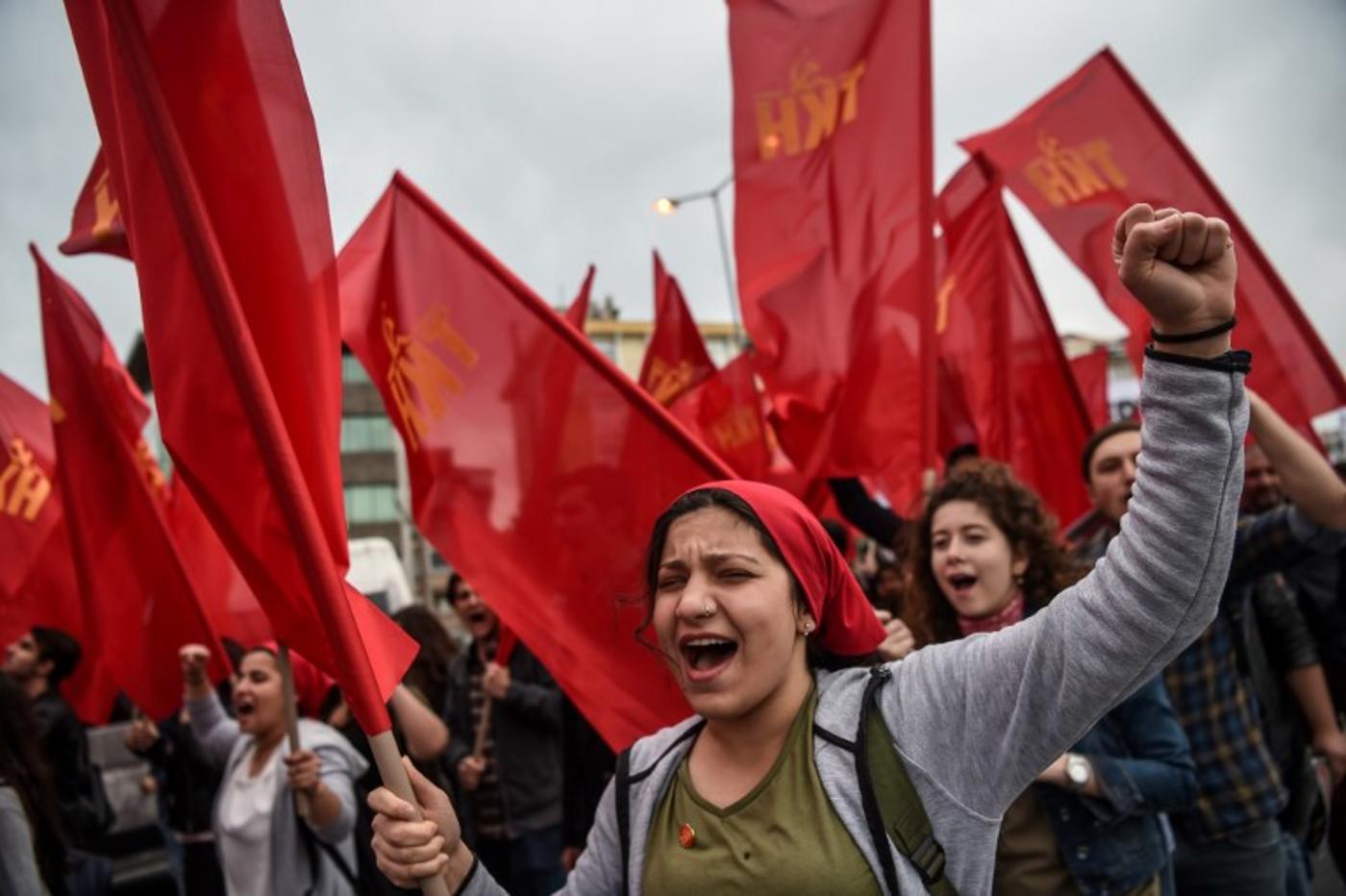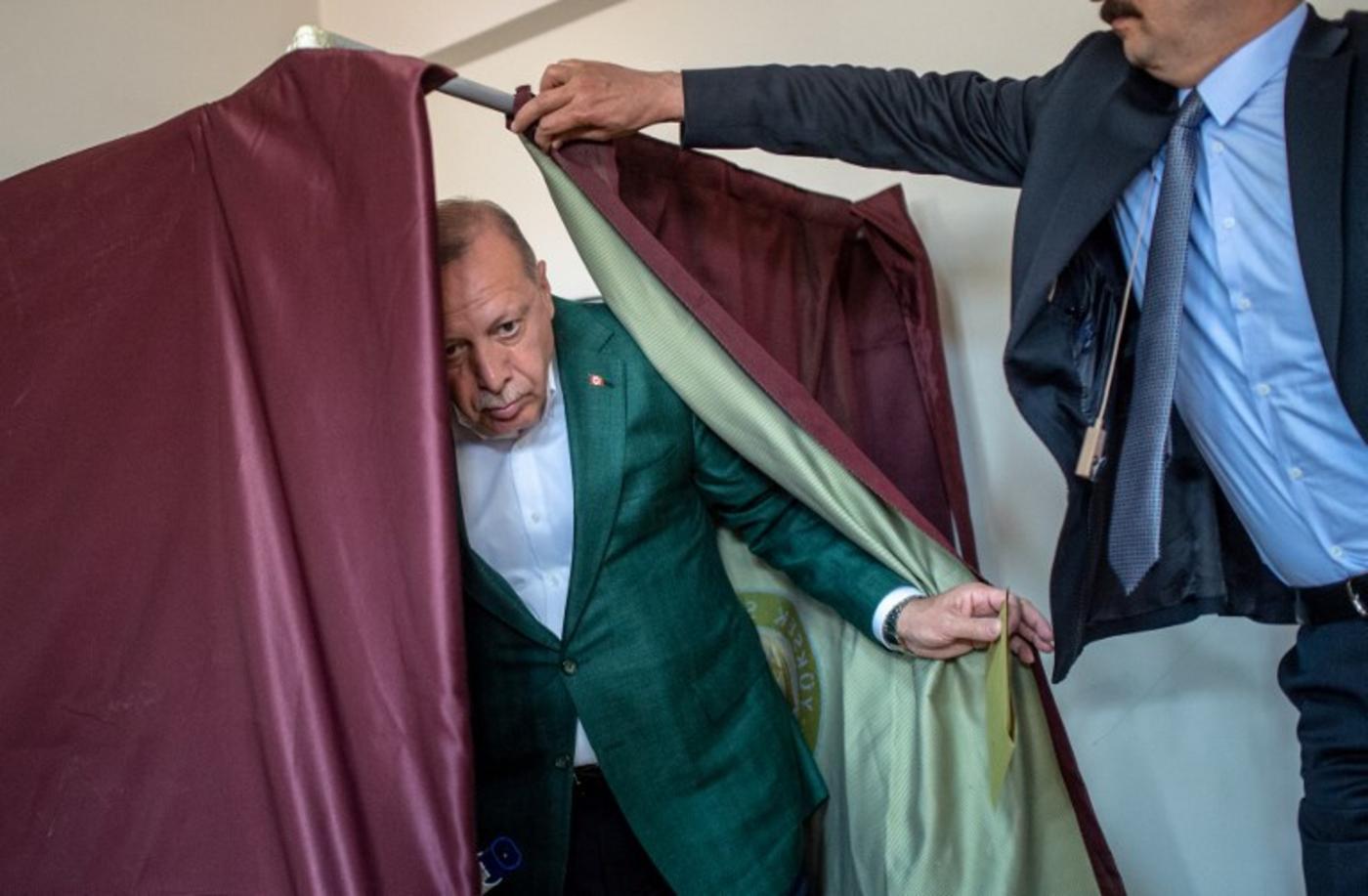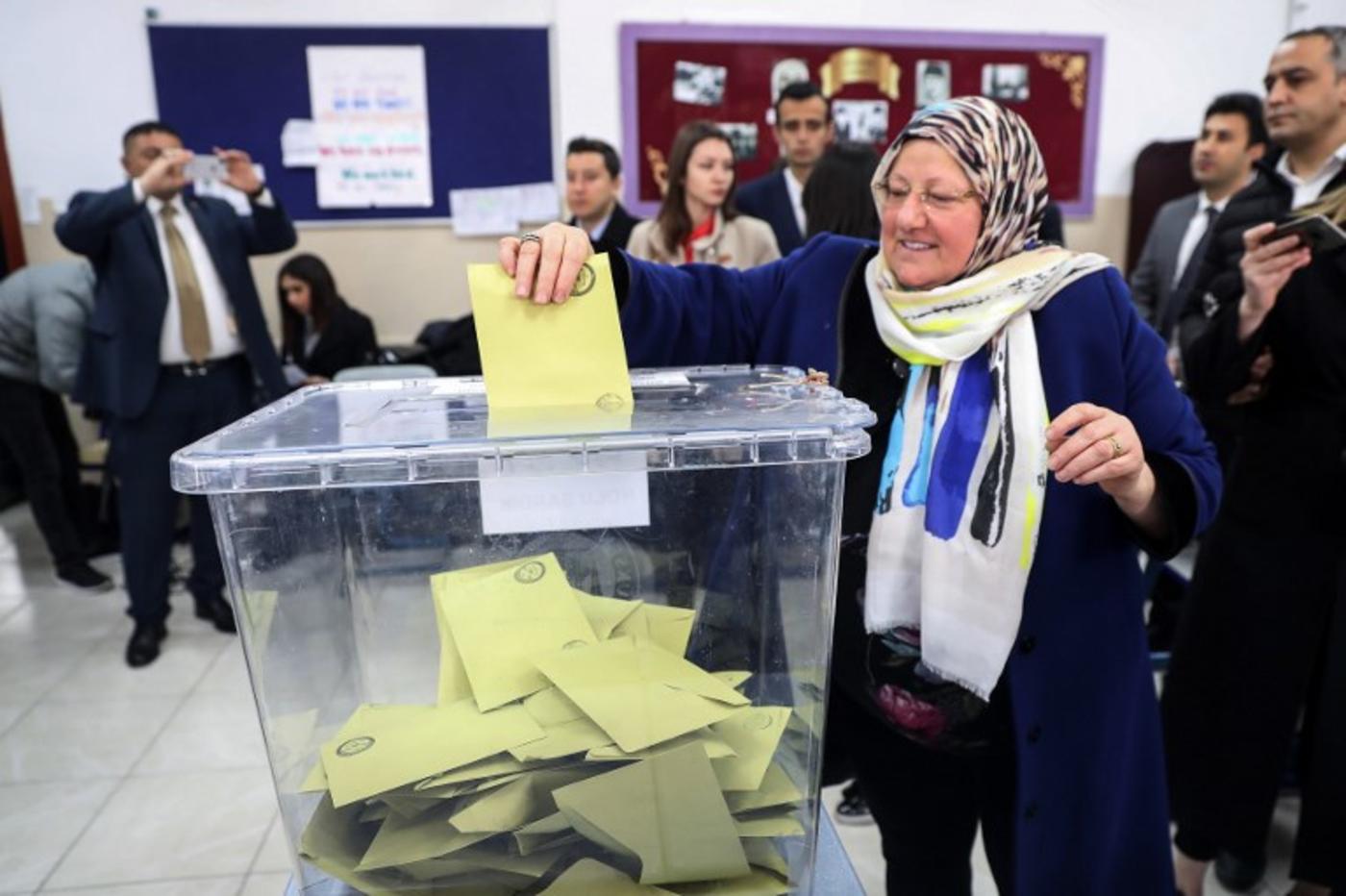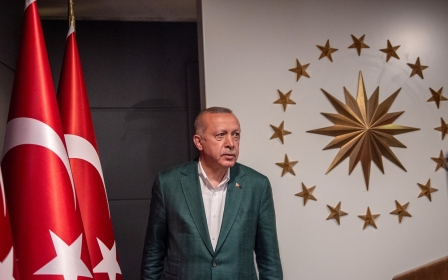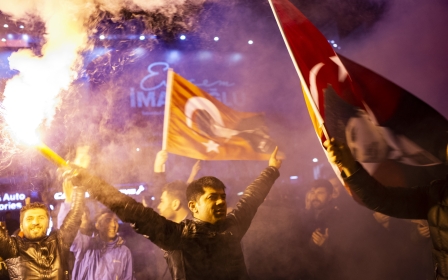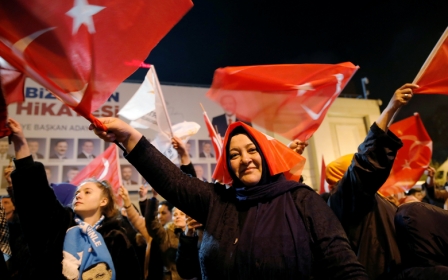Turkish elections: Seven things we learnt from Sunday's vote
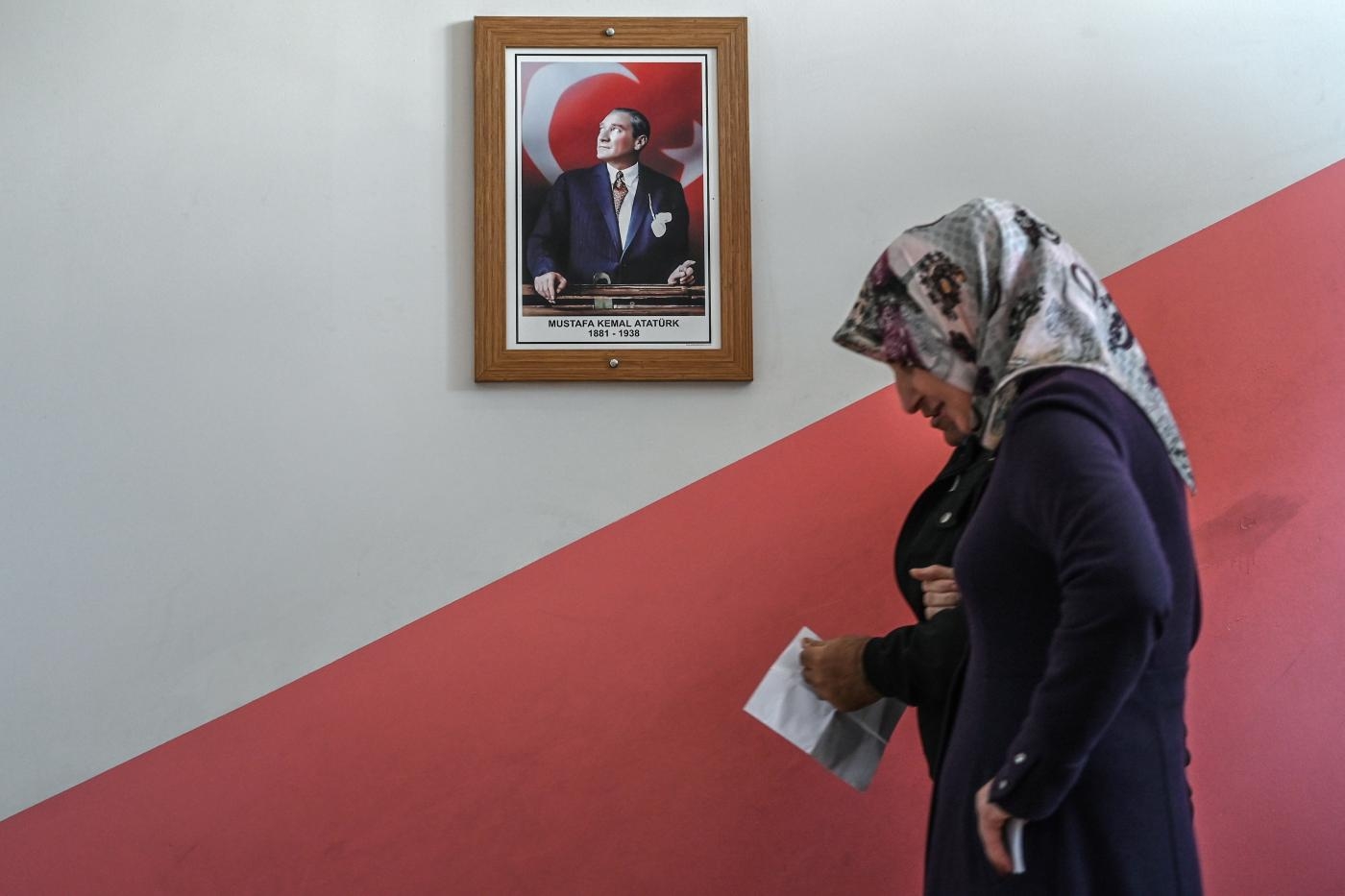
Turkey’s local election results appear to have dealt a blow to Turkish President Tayyip Erdogan’s ruling Justice and Development Party (AKP). But what else have we learnt from the outcome?
1. 'It’s the economy stupid'
Even though Erdogan preserved his hold on the majority of votes, with more than 51 percent of voters backing his "People's Alliance" between the AKP and the ultra-nationalist Nationalist Movement Party (MHP), he suffered huge losses in metropolitan centres.
A majority of voters listed unemployment and rising living costs as their primary concerns, according to a poll released by the Foundation for Social Democracy (SODEV) earlier this month.
New MEE newsletter: Jerusalem Dispatch
Sign up to get the latest insights and analysis on Israel-Palestine, alongside Turkey Unpacked and other MEE newsletters
The Turkish economy officially entered a recession earlier this month, with food prices around 20 percent higher in January than they had been a year earlier.
2. Ankara and Istanbul change hands
For the first time since 1994, the main opposition CHP (Republican People’s Party) appears to have won Turkey’s most important two cities, though official results are still to be published and the CHP may have won in Istanbul, where more than eight million people voted, by the margin of a small football stadium.
Both Ankara and Istanbul were previously under the control of mayors who were members of Erdogan-affiliated conservative parties. Erdogan himself was mayor of Istanbul from 1994 to 1998 and it was a role that propelled him to national prominence.
Of course, for the opposition capturing these municipalities, it also means taking control of city budgets totalling billions of dollars and thousands of employees, potentially creating new power centres in Turkish society.
3. Kurds are the kingmakers, but lose some cities
The pro-Kurdish People’s Democracy Party's (HDP) decision not to nominate candidates in western and southern parts of Turkey bore significant results. Kurdish votes will likely prove to have been decisive to the success of the CHP candidates, Ekrem Imamoglu and Mansur Yavas, in Istanbul and Ankara respectively.
The Kurdish vote also played a crucial role for the opposition as it won in Adana, Mersin and Hatay. Yet the HDP lost five cities in Kurdish-majority southeastern Turkey amid a government crackdown against its grassroots.
Analysts say Turkey’s Kurds partly distanced themselves from the HDP after its leaders expressed sympathy for the banned Kurdistan Workers' Party's (PKK) urban warfare campaign three years ago.
Locals claimed to MEE that HDP mayors were involved in corruption and failed to deliver basic services. Turkish government-appointed trustees who took over almost all HDP municipalities in 2016 were credited by many with delivering better services.
4. Erdogan lost big in densely populated areas
Urban versus rural tensions continued to undermine Erdogan’s electoral chances. The Erdogan-led alliance lost major cities such as Antalya, Adana, Mersin and Hatay. In several cities, like Balikesir and Bursa, the government alliance was only able to win with a small margin.
Since the 2017 constitutional referendum, the Turkish government has faced increasing losses in metropolises. The opposition now controls half of the 20 most populated cities in the country.
5. Communists rising in the east
While attention focused on the nail-biting vote count in Istanbul, in the eastern city of Tunceli, voters elected the country's first ever communist mayor.
Turkey Communist Party (TKP) candidate Fatih Macoglu, with his distinctively thick moustache, was already known by the voters as a district mayor in Tunceli. His election was also interesting to watch because he ran against - and defeated - the pro-Kurdish HDP.
Macoglu promised a transparent and hard-working administration that wouldn’t discriminate against citizens. Alper Tas, another communist politician from the CHP, ran against the AKP in Istanbul’s Beyoglu district and lost by only a slim margin.
6. A majority still backs Erdogan
More than 51 percent of voters preferred Erdogan’s electoral alliance over the opposition. The result is in harmony with last year’s presidential election data and it suggests that, even after a major economic recession and amid rising unemployment, Erdogan is still very popular among his constituency.
This partly happened thanks to Erdogan’s strategy of campaigning from 50 days before the elections in more than 50 provinces. In connection to that, Erdogan’s decision to address the crowds in Ankara alone, accompanied only by his wife, was noted by observers.
Erdogan is now expected to undertake a major reshuffle in the government as he promises an economic reform programme in support of businesses.
7. Turkey’s democracy is still resilient
Even though Turkey’s record of press freedom, human rights and democratic development have been subject to intense criticism by rights groups and activists both at home and abroad, Turkish people continue to enjoy the basic tenant of a democracy: free elections.
The opposition enjoyed significant success in major cities and showed that it is possible to beat Erdogan, the country's dominant political actor for the past quarter-century and a serial election winner, through the ballot box.
This article is available in French on Middle East Eye French Edition.
Middle East Eye delivers independent and unrivalled coverage and analysis of the Middle East, North Africa and beyond. To learn more about republishing this content and the associated fees, please fill out this form. More about MEE can be found here.


